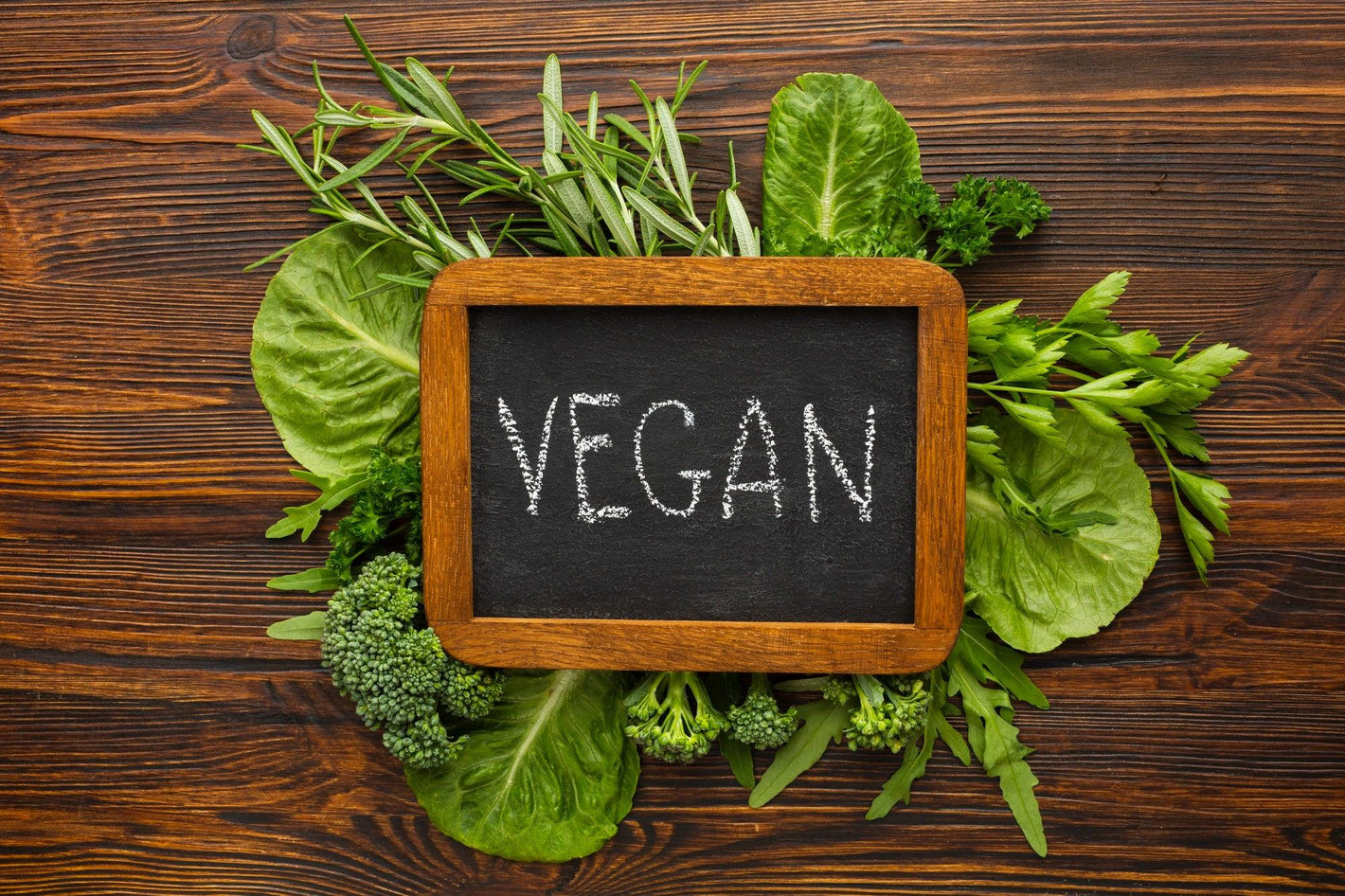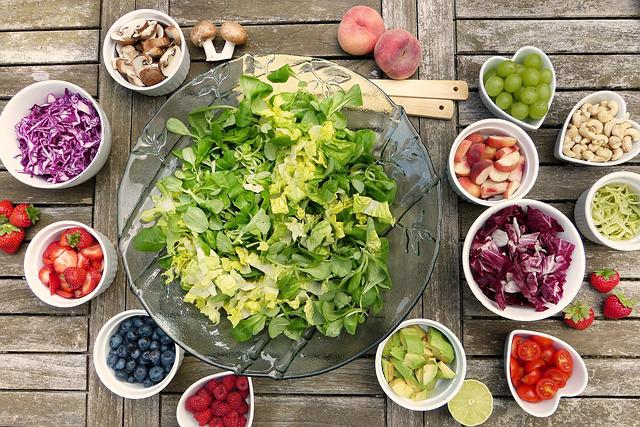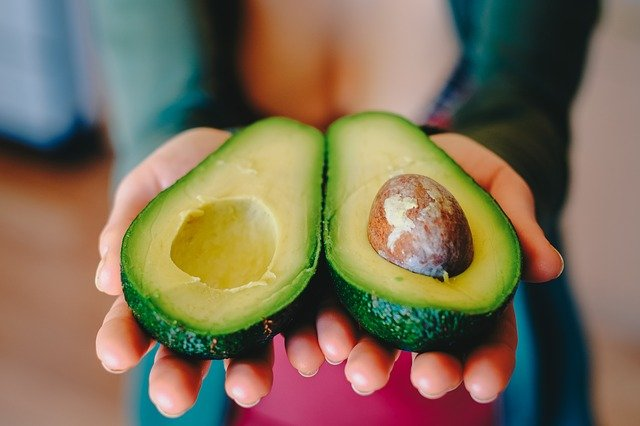Benefits of A Vegan Diet



People throughout the globe are experiencing more lifestyle-related health problems, such as obesity, high cholesterol, diabetes and cardiovascular diseases. Although there are several contributing factors responsible for this, the most important is the nutritional aspect. The blame usually lies in the increased use of fats and other cholesterol-rich diets. As meats are traditionally the most important source of fats and cholesterol, more and more diet and health-conscious people are moving away from them and toward vegetarian diets.
So, what makes vegetables and fruits so beneficial? Vegetables are a good source of vitamins, minerals and fibre but are deficient in saturated fats, cholesterol and salts, the primary nutrients responsible for high blood pressure, obesity and hypercholesterolemia.
Nevertheless, this is a controversial topic, and arguments exist in favour and opposition to it.
The proponents of omnivorous diets argue that the human digestive system is ideal for both diets. Moreover, although vegetables can provide all the necessary nutrients, they are deficient in Vitamin B12, which is essential for the health of the nervous system. This vitamin is present in dairy products, eggs and fish. However, the increasing incidence of metabolic problems forces many people toward vegetarian diets.
The vegan diet proponents argue that a vegan diet plus a food supplement containing 1.5 micrograms of vitamin B12 can be a perfect diet. Several historical figures have advocated for vegan diets, such as Plato. Leaving this debate, let's focus on the benefits you can expect from a vegetable diet.
Vegans have several health benefits. A vegan diet can help lower weight and getting rid of toxins. A healthy diet can also improve heart health. It can even help prevent diabetes. The article discusses scientific research supporting vegan diets. Here, we'll outline recipes for a variety of plant-based foods for all tastes. If you are wondering if vegetarians are vegan or vegans, this will be discussed too.

An unexpected benefit of a vegetarian diet is relatively less expensive than most animal-based diets. According to Veganuary, the cost of a vegetarian diet is on average 40% less than an animal-based diet. So, besides being heart-friendly, vegan diets are pocket-friendly too.
Are you annoyed at the long cooking time of meat? Long cooking time unwillingly forces you to wait in a steamy meat fragrance. Be happy. According to Veganuary, plant-based diets take 30% less time on cooking than animal-based diets. So, don't worry if you have a busy routine; go vegan.
Various researchers have suggested that people on vegan diets have low blood glucose and have less risk of type 2 diabetes. Consuming a good combination of fruits and vegetables lowers the risk factors associated with the development of diabetes, e.g., obesity.
Being rich in various phytochemicals, e.g., antioxidants and vitamins, vegan diets reduce the risk of multiple diseases. The vegetables have less saturated fatty acids and a sufficient concentration of antioxidants, e.g., carotenoids and omega-3 fatty acids. Consequently, these are beneficial for your heart.
Additionally, they relieve the burden on your kidneys, and they don't have to remove extra uric acid produced from proteinaceous diets. A study published in the Clinical Journal of the American Society of Nephrology claimed that a plant-based diet is associated with a reduced risk of chronic kidney failure.
Vegetables and fruits usually have low calories than meat and eggs. So, you can maintain a healthy weight without burning your calories. Consequently, the body mass index of a vegan is likely to be lower.
A vegan is more likely to be stress-free and in a good mood. What could be the reason? Perhaps it may be the satisfaction of avoiding harm to the animals, or it could be due to antioxidants and stress relieving vitamins present in the vegetables and fruits. The vegans have better scores in mood profiles and depression tests. A study published in 2015 involving 620 people proved that people using a strict planed based diet have a better mood than the average population.
A fair complexion and shining skin are the dream of everyone, male or female. The biggest enemy of such skin is acne. The consumption of dairy products is linked to the increased incidence of acne. The vitamins and antioxidants present in fruits and vegetables boost your skin. A recent study claimed that the danger of acne in non-vegans is double compared of vegans.
Hypertension or high blood pressure predisposes you to various life-threatening problems, e.g., stroke, diabetes etc... Several studies have highlighted that plant-based diets can be helpful for hypertensive patients.
Meats are rich in saturated fats, the main culprit for heart disease. Therefore, cutting down the meat and shifting to vegan diets can be a healthy move for your heart. However, it is essential to use a healthy combination of vegan diets, e.g., fruits, vegetables, legumes, grains and good-quality oils. Avoid taking excess sugars and refined grains

Stroke is closely linked to diabetes, high blood pressure, obesity and cholesterol. These are the main problems associated with a non-vegan diet. A plant-based diet has the potential to eliminate all these risk factors by a considerable margin.
Besides numerous physiological benefits, plant-based diets can also give mental benefits. Plants and vegetables are rich in polyphenols, e.g., flavonoids. These compounds are well known to benefit human health and decrease the incidence of chronic diseases.
The fibre present in vegetarian diets can be beneficial for your stomach. It can improve your body's metabolism and help to flush out toxins.
This suggestion may not seem attractive if you live in a river basin and have access to plenty of freshwaters. However, the situation will change if you live in Arabia or South Africa. According to the European Environmental Commission, shifting to vegetarian diets can save water throughout Europe, and vegetarian diets require 32% less water than non-vegetarian diets.
When you're suffering from an illness, you know the discomfort it's possible to suffer from. If vegan, however, there is no chance of food poisoning. Poultry causes almost half of the cases, some deadly. More than 80% of the chickens that have been inspected at a food store can become contaminated with campylobacter because their faecal material was exposed.

Researchers have shown removing meat from our diet can reduce odours. One study shows women find vegetarian versus white meat-eater samples softer, less appealing and more interesting! Probably because sweat glands produce substances which are produced by bacteria and the sweat glands feed on these substances as the result of the dietary change.
Several women report improved pregnancy outcomes after adopting veganism. Although studies have been limited, the findings suggest women with a low-fat vegetarian diet can reduce menstrual discomfort and lower the number of fluids and mood swings 7. Probably the effect of diet is oestrogen, which regulates the menstruation process.
All-natural food has lower amounts of calories per serving, compared to animal products or processed food. It also means that the same amount of food has far more nutrients, water and fibre than the average food has. Choosing vegan food for lunch or dinner makes it easy for the body to get full.
Moving to vegan food can be beneficial in boosting your consumption. Fibres are essential in a healthy digestive system. Maybe you visit the bathroom more frequently with easier or more satisfying movements. In a way it helps feed the gut beneficial bacteria, causing inflammation2.
Choosing a vegetarian diet reveals an important relationship to our eating habits. It allows you to feel incredibly close to nature in order to understand more about its fragility and complexity.
If your diet is influenced mostly by plants then this increases your fibre consumption as well as a lower percentage of your saturated fat intake. It improves many aspects of our health and may also help support deep and rejuvenating sleep.

In western cultures, chronic disease is seen to be an inevitable consequence of ageing. Heart disease continues to have strong leading causes of early death and disability. Obviously not. People in regions that are rich in plant and animal nutrition live a healthy and active lifestyle for 90 or 100 years and the risk of this disease is very low. Plant-based food products promote healthy eating among other lifestyle features such as reduced cholesterol, low fat, and high-fibre diets. They advocate for the elimination of the intake of a carcinogen derived from foods.
Research reveals that the way we consume our food affects our mind's health. A recent study found a correlation between food consumption with mental illness. After 6 days of drinking less food and drinking more fruits and vegetables the majority did not feel any depression. Only 4% of people without diet changes reported similar results. Although not an easy fix, growing vegetables appears to be a key piece of mental wellness, with no harmful side effects!
Choosing a vegetarian diet reveals an important relationship to our eating habits. It allows you to feel incredibly close to nature in order to understand more about its fragility and complexity.
To see our Vegan Blood Test, click here.
Or, to see our Vitamin Deficiency Test, click here.










Plus get the inside scoop on our latest content and updates in our monthly newsletter.